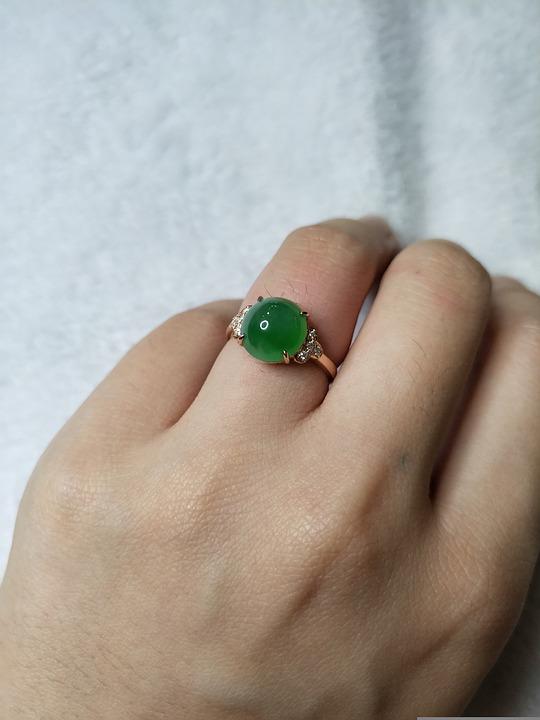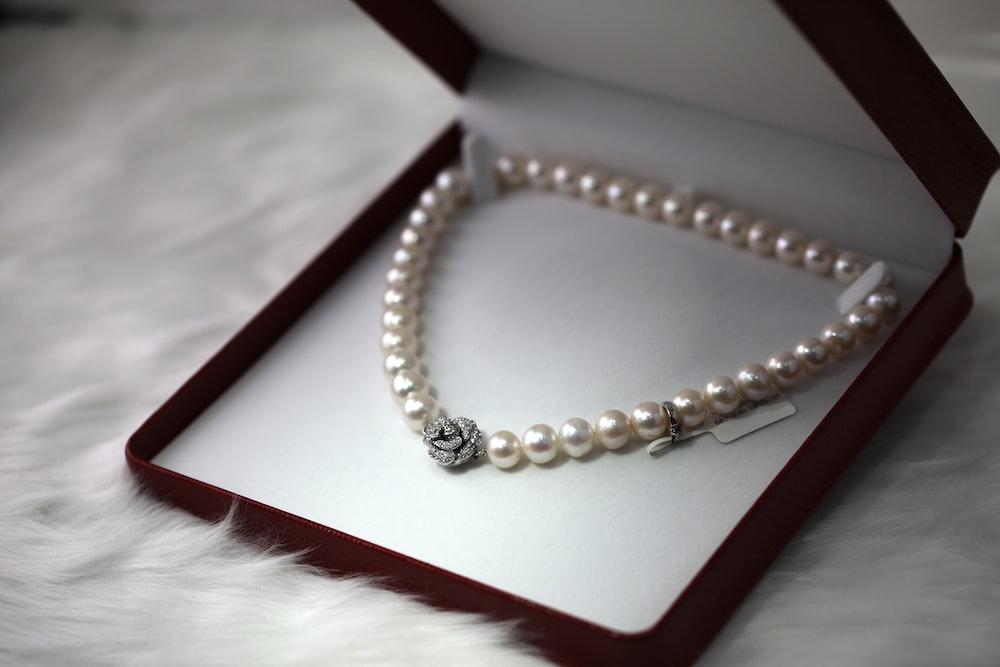
Image Source: Pixabay
It might be a collection left to you by an elderly relative, or you simply love fine antique jewellery and have amassed quite a collection over the years. If you would like to find out the true value of your antique jewellery, there are numerous options. As you would expect, fine antique jewellery pieces do appreciate in value and when there are quality gemstones involved, high prices can be fetched; do some online research about a specific piece to see if there is any information on the piece, or the maker.
1. Contact A Reputable Antique Dealer
When looking to appraise antique jewellery, an antique dealer is your best option; search online for their website, then make contact and arrange a time when you can visit their premises. The expert will inspect your jewellery and give you an accurate value; should you wish to sell, the antique dealer would offer you a fair price. It is important to choose a dealer with a sound reputation within the community, as they would never risk their good name by giving out false information. There’s always a chance that the appraiser tries to acquire the piece for a lot less than it is worth, so perhaps it is wise get a second opinion.
2. Inspect For Hallmarks
All gold jewellery should have a hallmark to verify the purity of the gold (9k is common), while silver would likely be 92.5% pure. Gemstones would likely be ‘mine cut’, or hand-cut with antique jewellery, which is at least a century old. Vintage jewellery might have machine cut precious stones and there might be GIA certification for diamonds, emeralds, sapphires or rubies. If the jewellery has been with you for many years, you might know about the history and that will help the dealer to value the item.
3. Rarity & Condition
The antiques market uses rarity as one benchmark for valuation and the jewellery maker can also affect the value of a piece. Of course, every genuine antique jewellery for sale or in your possession should be in good condition, which is a testament to the craftsman’s skill; any minor issues need to be repaired by a specialist; timepieces must be serviced by an approved watch-repairer. If the jewellery is not in good condition, this would impact the value and it might be better to carry out repairs before selling. In the event you have any issues with fine antique jewellery, take it to a professional dealer who would know the best repair people.
4. Online Solutions

Image Source: Unsplash
It wouldn’t be difficult to find an antique dealer to have an informal Zoom call, which allows the expert to closely examine each piece. If you have any background information about the origin of the jewellery, this would help the dealer, who would certainly make you an offer if you are looking to sell, or give you a market value, if that is what you want.
If you collect antique jewellery or vintage watches, you should forge an alliance with a local antique dealer as a matter of course, as the expert can prove to be very useful.



